She was a foundling in her own family, shunted to adoptive parents for two years, then to the edge of China, to a fishing village on the East China Sea, and to a furious, alcoholic grandfather and a grandmother sold at 12 into marriage for some pottage, and never given a name. Is that colourful enough for you?
But there is more: the life story of the young Chinese filmmaker and novelist Xiaolu Guo makes Cinderella’s seem bland. The hovel she lived in until she was seven was on Anti-Pirates Passage. Her grand-father, a failed and bitter fisherman, lost his livelihood in the 1970s, when the Chinese state collectivised fishing and stole everyone’s boats. In the village, Guo was barely fed, often ate nothing but kelp, and heard the sounds of domestic violence all over the streets, in the din of raised voices and thrown furniture. This was not the last of the violence: her grandfather killed himself by drinking pesticide. Her grandmother only ever walked with pain on her bound feet.
Guo saw all this, and remembered. Her memories are raw and furious and compelling, but also scarcely believable sometimes: how does a five-year-old remember verbatim a three-page conversation of visiting census- takers? So there is artistic licence of a kind I rarely forgive (distrust one scene, and perhaps you distrust them all).
This is a shame, because I want to believe them all, when there are scenes such as the one where a young girl is given licence to be an artist, when she meets a group of art students and learns that the mind can change reality, that a brown sea can be blue because an artist has made it so. The young Guo is ‘at a loss for words’. Another student paints a sunset where there is none, and she meets words of protest. ‘But there’s no sun there! Only grey clouds!’ ‘The girl just smiled. Without responding, she began to paint the sea with a mix of red and blue.’
Guo remembers this as one of the happiest days of her life. And a formative one, for this child of poverty and abandonment, who claims she never heard the word love until she was a teenager. Her parents came to retrieve her when she was seven, taking her to Wenling, an undistinguished town with bamboo groves that now, as is the way in modern China, is a city of skyscrapers with millions of inhabitants.
It was no happy reunion, particularly. Guo’s mother is harsh on all fronts — a woman from peasant stock who married far beneath her (according to the topsy-turvy class system of the Cultural Revolution), to an intellectual whom even she referred to as a Stinking Number Nine, after his class ranking. This was a courageous thing to do, but not enough for the reader to warm to her.
Guo’s father gets a more tender portrayal. He was an artist, and seems to have loved his daughter, and she was set on becoming one too. And goodness, she was determined, with an ambition fuelled by fury, to which she has a right.
Don’t be deceived by the calmness of her prose, because you should feel for her, this child who was sexually abused for two years by her father’s colleague, described in the chapter entitled ‘Stop Crying! Every girl has to go through this.’ Guo has never named her abuser before. ‘But here on these pages I want to say it out loud, exactly as it is spelled, for the simple reason that he was never punished for what he did to me.’ So I will too: Hu Wenren.
Her writing here is raw and powerful: ‘I remember seeing urine trickle down my legs as he fingered me.’ And then she takes up with a weak, dull teacher and has an abortion; and she is alarming, in the coldness of her dismissal of her aborted foetus as ‘dead, or maybe it was dying’, lying in a cold white bucket. This dead creature taught her one thing — that ‘being born this way was a curse. The worst thing in the world. We were doomed by the fact of our womanhood.’ For Guo, there would be no marriage, no capitulation to Chinese women, no being sold for pottage.
Encouraged, or at least not deterred, by her father, she beats 6,000 students to enter Beijing’s famous film school — by memorising plots of films she has not seen. This is the first escape, and then, after years of trying to make films that were always censored, there is a Chevening scholarship to London, to a life where there is no censorship, or self-censorship — ‘a shadow body in every Chinese writer [that] enabled us to continue living safely in China doing what we loved’. In London, she didn’t need this ‘foreign body’. ‘I could flush it down the toilet, along with my consciousness of the propaganda machine.’
In England, Guo was at first a woman without language (a fact that she cleverly turned into her first successful book A Concise Chinese-English Dictionary for Lovers) but with freedom. She was unmoored but, being a fisherman’s granddaughter, found an anchor, by writing to Jung Chang’s agent and submitting her first novel. Uproot a tree, the old Chinese saying goes, and it will die. Uproot a young Chinese woman from a past of neglect and censorship, and she will survive. Guo may be occasionally self-indulgent, occasionally unconvincing, but still I applaud her tale of survival, because it is one that lingers — like the cries of the beaten women in Anti-Pirates Passage, night after night.
Got something to add? Join the discussion and comment below.
Get 10 issues for just $10
Subscribe to The Spectator Australia today for the next 10 magazine issues, plus full online access, for just $10.
You might disagree with half of it, but you’ll enjoy reading all of it. Try your first month for free, then just $2 a week for the remainder of your first year.


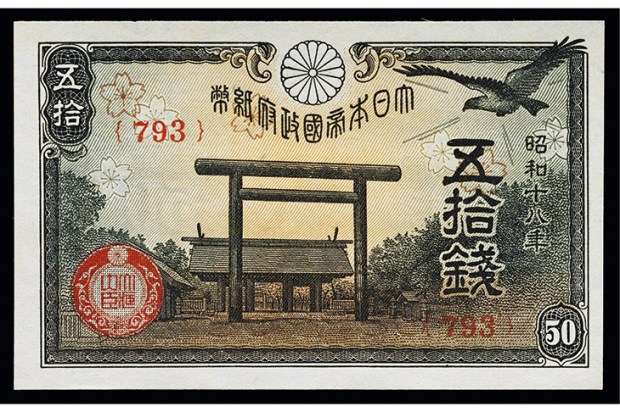
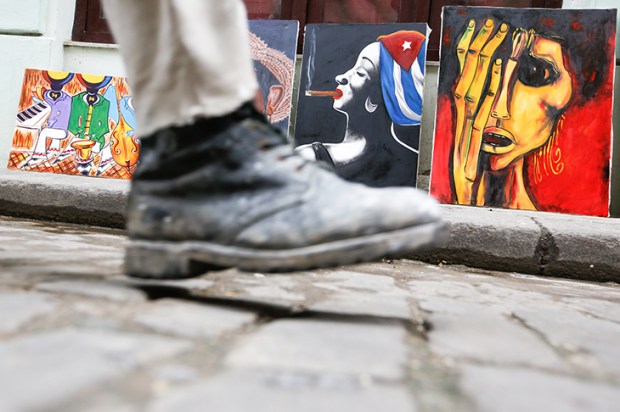
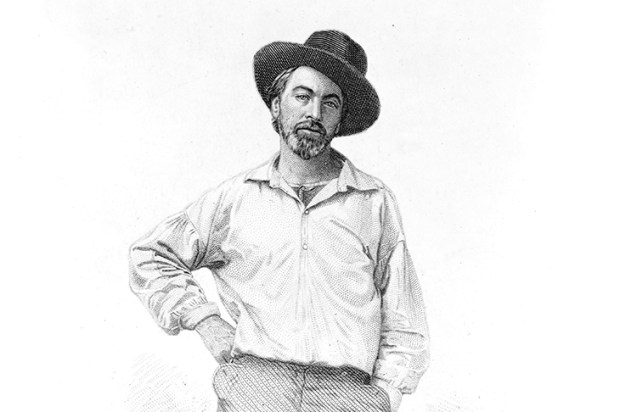
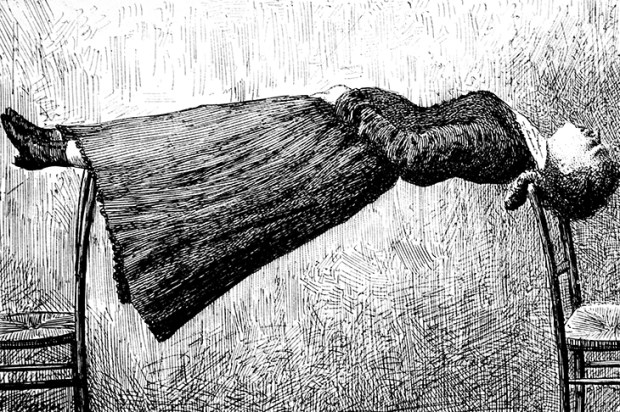
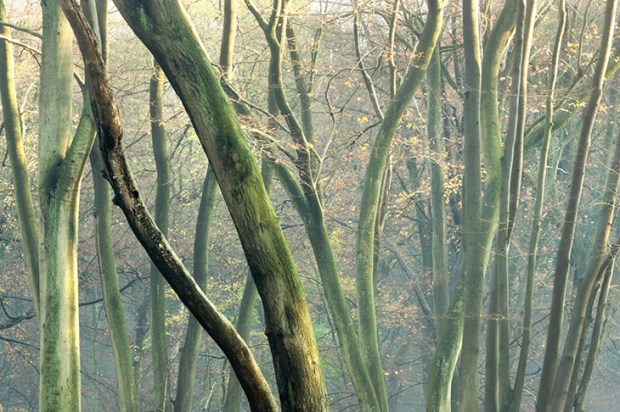
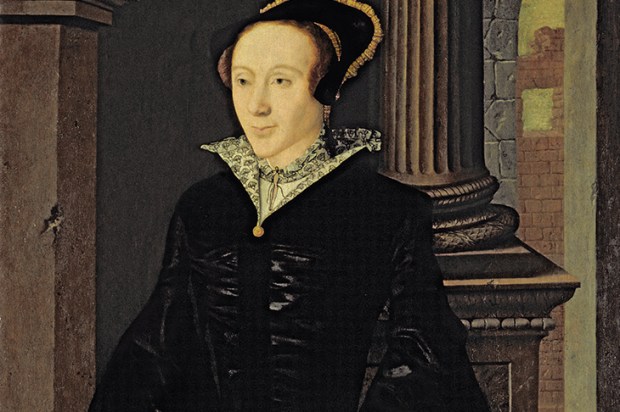






Comments
Don't miss out
Join the conversation with other Spectator Australia readers. Subscribe to leave a comment.
SUBSCRIBEAlready a subscriber? Log in